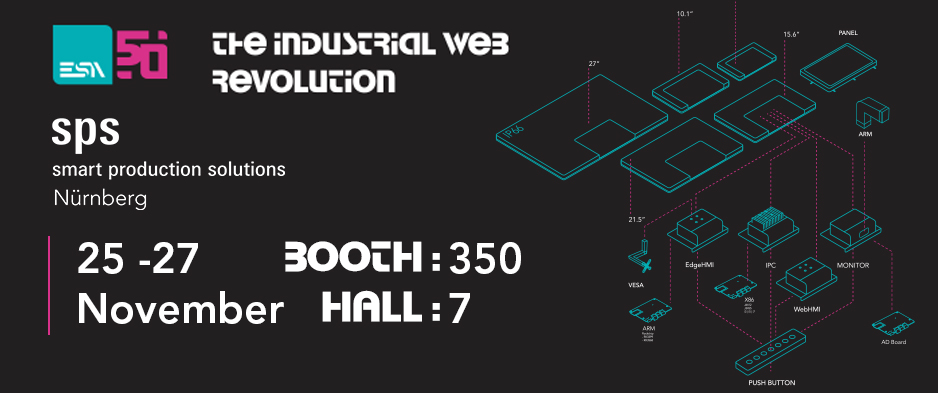In the evolution toward Industry 5.0, companies are aiming to make production smarter, more flexible, and more sustainable. The Manufacturing Execution System is a key tool in this process. By connecting production planning with actual factory operations, it allows real-time monitoring of every stage of the process, improves efficiency, and ensures product quality.
MES: what it is and how it revolutionizes production
MES systems are software designed to manage and control the entire industrial production process. They provides a complete view of machines, materials, and production lines, creating a direct link between planning and operations. Thanks to integration with other enterprise systems, such as ERP, Manufacturing Execution Systems synchronize orders, material availability, and production scheduling. This continuous flow of information makes the factory more transparent and easier to manage.
In addition, the MES system allows real-time performance monitoring. Every machine and every operator can be tracked, making it easier to identify possible anomalies or delays. Interventions become immediate, reducing downtime and waste. Beyond operational control, it helps companies plan more accurately. Historical data and information collected during production make it possible to predict potential issues, optimize processes, and adapt available resources. In this way, the Manufacturing Execution System becomes a strategic tool that connects the daily management of the factory with the company’s long-term goals.
Benefits and applications of MES systems for industry
MES systems offer concrete advantages throughout the entire production chain. On the quality side, every stage of the process can be documented and monitored. This makes it possible to quickly identify and correct defects, improving material traceability and helping to comply with regulations and certifications. In addition to quality control, they support data analysis. Information on machine performance, downtime, and production trends becomes a strategic tool for optimizing production cycles and planning preventive maintenance. The factory becomes smarter and more responsive, able to quickly adapt to new needs or production changes.
MES systems also help improve collaboration between teams. Real-time data availability allows operators, production managers, and executives to share information instantly and make coordinated decisions. This increases flexibility and reduces the chance of errors, making production safer and more reliable.
In a context driven by Industry 5.0, MES systems become strategic allies. They go beyond simple automation, managing the production process in an integrated way and providing concrete data for fast and targeted decisions. The result is a factory that is more efficient, competitive, and capable of creating added value, with a positive impact on both the environment and the business.

